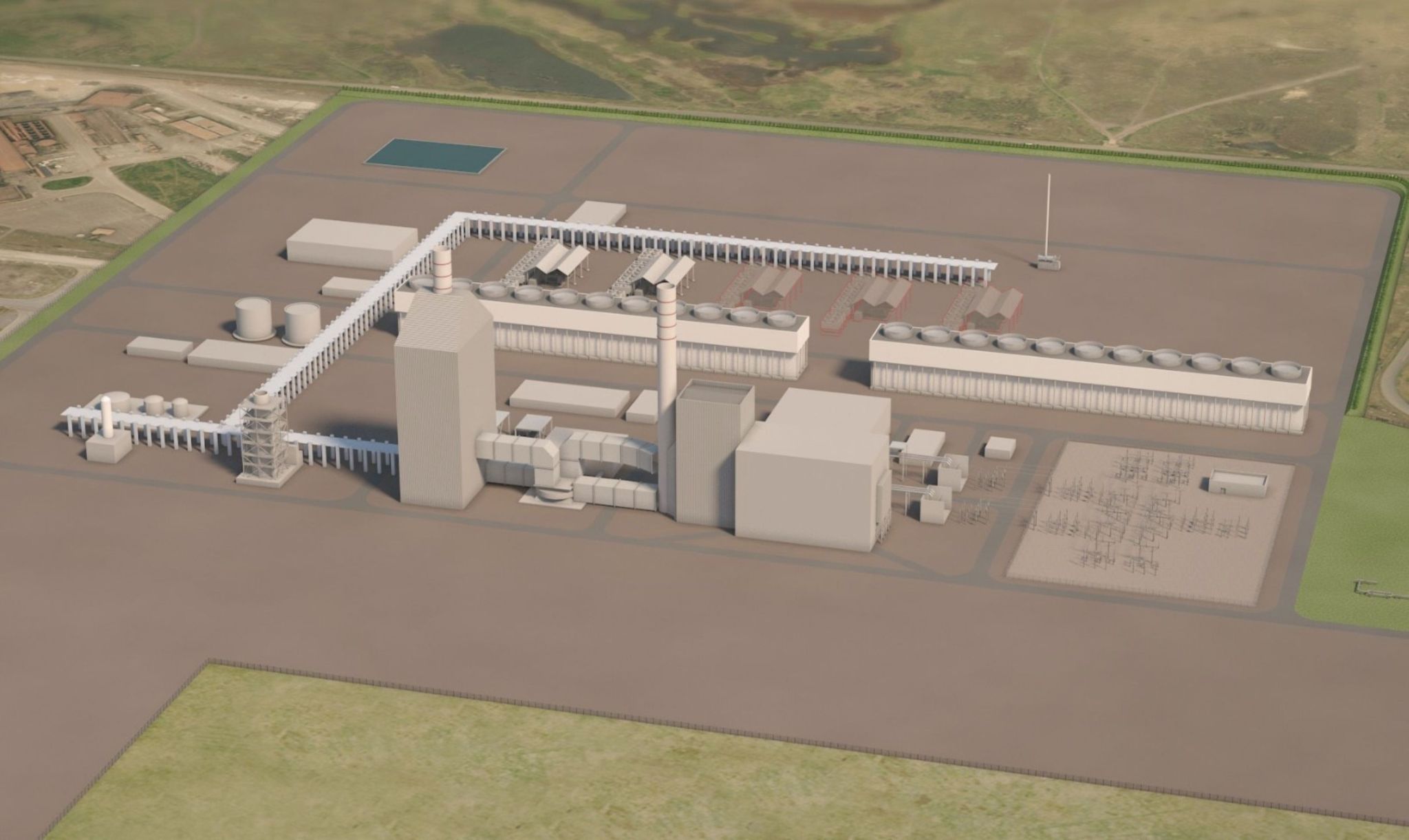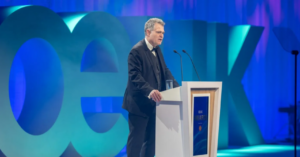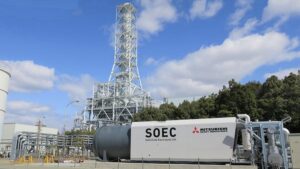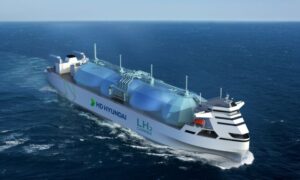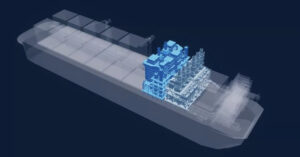UK: Eight CCUS projects proceed to negotiations for support
The UK Government has selected eight successful bidders in the second phase of the carbon capture, utilization and storage (CCUS) cluster sequencing process to proceed to negotiations for support through relevant business models.
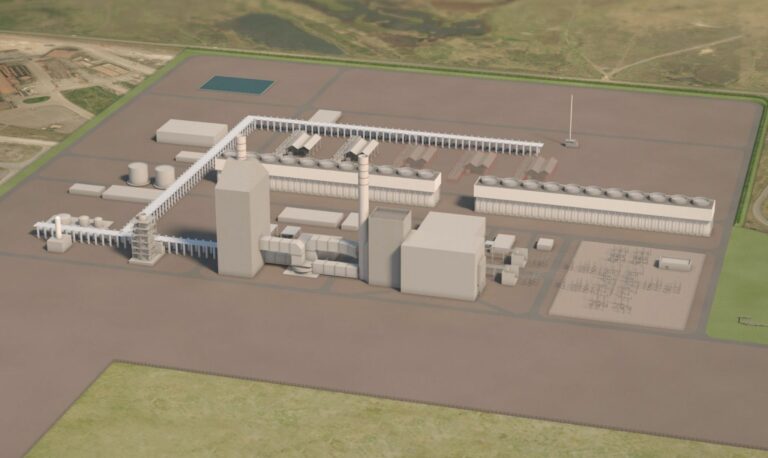
Following the selection of HyNet and East Coast Cluster as Track-1 CCUS clusters in November 2021, and the shortlist of power CCUS, industrial carbon capture (ICC), waste and CCUS-enabled hydrogen projects in August last year, the UK Department for Energy Security and Net Zero has now selected eight projects to proceed to negotiations for support through the relevant business models.
The projects that form the Track-1 project negotiation list are the East Coast Cluster, including Net Zero Teesside Power, bpH2Teesside and Teesside Hydrogen CO2 Capture, as well as the HyNet Cluster, including Hanson Padeswood Cement Works CCS Project, Viridor Runcorn Industrial CCS, Protos Energy Recovery Facility, Buxton Lime Net Zero and HyNet Hydrogen Production Plant 1 (HPP1).
Related Article
-
Two UK carbon capture and storage projects selected for state funding
Carbon Capture Usage & Storage
“Today’s announcement demonstrates the UK Government’s commitment to the future of clean power generation and backs the country’s ambitious plans for growth in renewable energy. We are thrilled that this development can now move forward and accelerate the country’s decarbonization ambitions,” said Gerry Farrow, SVP of business development – CCUS at Aker Solutions, which is taking part in the Net Zero Teesside Power project.
Projects and cluster scenarios were assessed on deliverability, value for money, affordability, their contribution across sector ambitions and to sectoral diversity, as well as strategic considerations, such as energy security.
The eight projects are said to represent a range of innovative CCUS technologies that have the potential to accelerate the UK’s decarbonization ambitions, kick start the hydrogen economy, realize economic benefits across North Wales, North-West England, and the East Coast of England, and put the UK on a path to decarbonizing its power system by 2035, while maintaining security of supply.
Related Article
-
UK’s first carbon storage licensing round brings 26 bids from 19 players
Carbon Capture Usage & Storage
The government will launch a process later this year to enable further expansion of the Track-1 clusters beyond the initial deployment, identifying and selecting projects for HyNet and East Coast Cluster, including the Humber, and their associated stores as they become viable, to be operational by 2030.
The plan is to identify projects that could be potential alternatives to any of the initial Track- 1 projects if any are unable to agree contracts within the required criteria and timelines.
Furthermore, the UK government is launching Track-2 to identify two additional clusters contributing to the goal of capturing 20-30 Mt CO2 per year across the economy by 2030. The deadline for submitting interests is 28 April.

